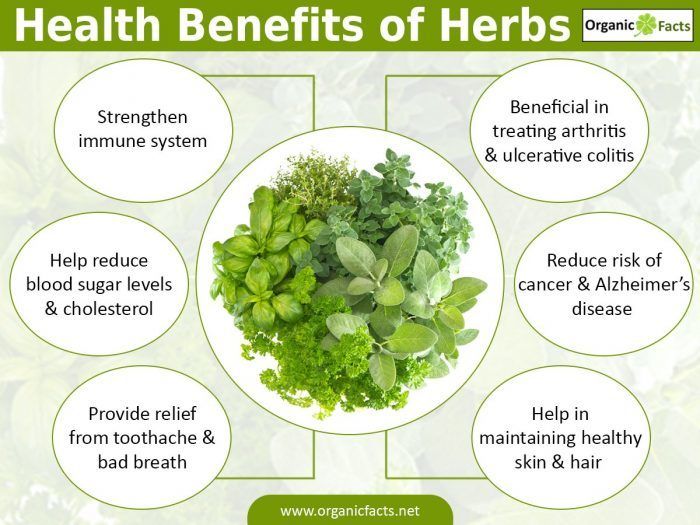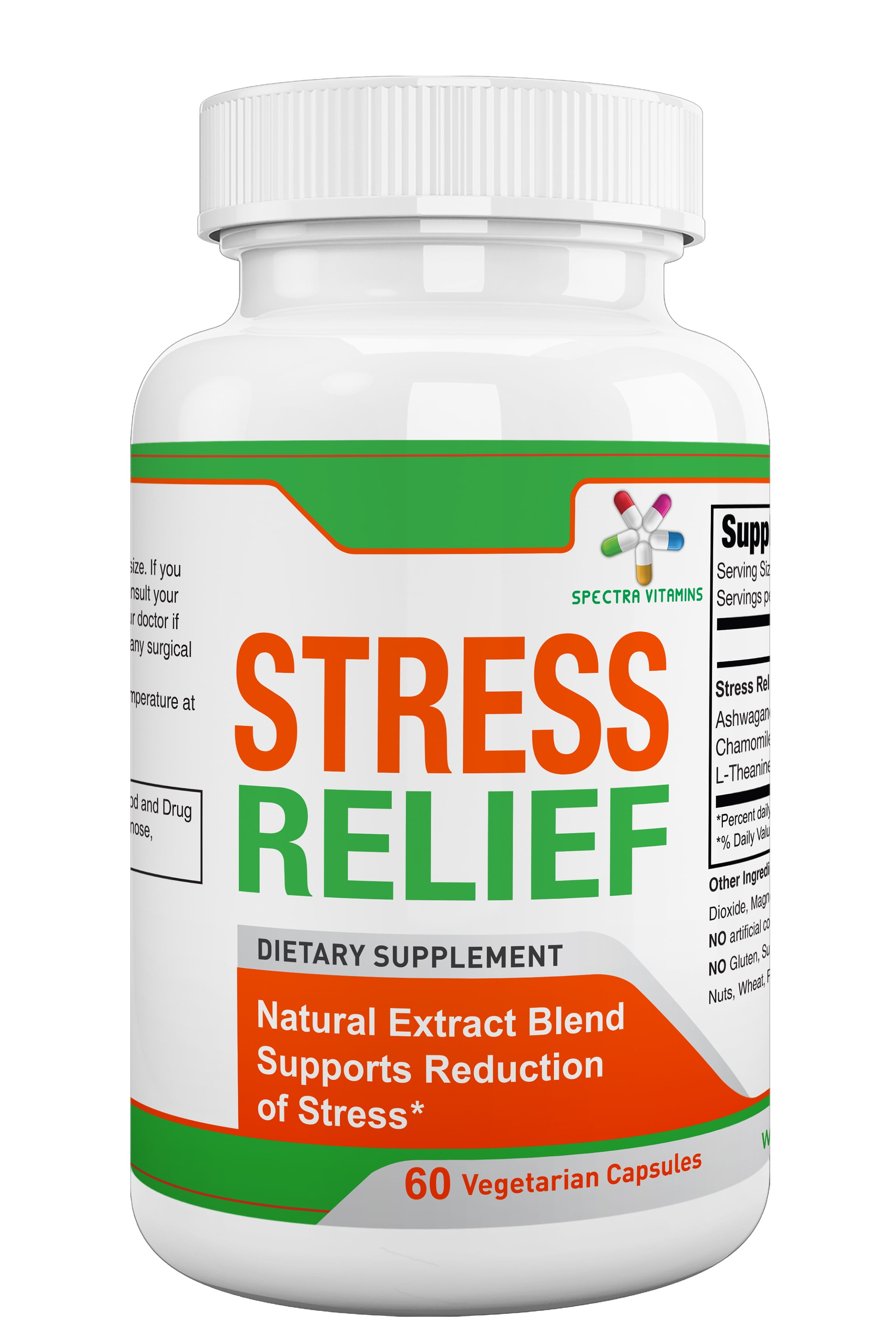Natural Remedies for Stress Relief. In this fast-paced and hectic world, it’s important to find effective ways to manage and reduce stress. Natural remedies offer a holistic approach that focuses on your well-being and overall health. By incorporating these remedies into your routine, you can find peace and relaxation amidst the chaos. From mindfulness and meditation to aromatherapy and herbal supplements, there are various options available to help you de-stress naturally. So let’s explore the benefits of these remedies and discover how they can bring balance and tranquility into your life.
Understanding stress and its impact on health

Stress is a normal part of life, but when it becomes overwhelming, it can have a significant impact on your health. Excessive stress can lead to physical symptoms such as headaches, fatigue, and digestive issues. It can also weaken your immune system, making you more susceptible to illnesses. Chronic stress has been linked to conditions like high blood pressure, heart disease, and mental health disorders. Understanding the effects of stress on your body and mind is crucial in finding ways to manage and reduce it effectively.
Benefits of opting for natural remedies

Opting for natural remedies for stress relief offers several benefits. Firstly, natural remedies are gentle on your body and have minimal side effects compared to pharmaceutical options. They provide a more holistic approach that addresses both the physical and mental aspects of stress. Natural remedies also encourage self-care and self-awareness, empowering you to take control of your well-being. Additionally, these remedies can be more affordable and accessible, allowing you to integrate them into your daily routine with ease. Overall, choosing natural remedies provides a safe and effective way to manage stress and promote overall wellness.
Mindfulness and Meditation

Practicing mindfulness techniques
To relieve stress, you can try incorporating mindfulness techniques into your daily routine. Start by finding a quiet and peaceful space where you can focus on the present moment. Take deep breaths, allowing yourself to fully inhale and exhale. Pay attention to your thoughts and emotions without judgment. Engage your senses by noticing the sights, sounds, and sensations around you. This practice can help bring a sense of calm and clarity to your mind.
Benefits of meditation for stress relief
Meditation is another powerful tool for managing stress naturally. By setting aside dedicated time to meditate, you create space for relaxation and introspection. Meditation helps calm the racing thoughts in your mind and encourages a state of deep relaxation. It promotes mindful awareness, reduces anxiety, and enhances overall well-being. Regular meditation practice can help you cultivate a greater sense of peace and resilience in the face of stressors.
Practicing mindfulness techniques
To practice mindfulness techniques, find a quiet space where you can focus on the present moment. Take deep breaths, allowing yourself to fully inhale and exhale. Pay attention to your thoughts and emotions without judgment. Engage your senses by noticing the sights, sounds, and sensations around you. This practice helps bring a sense of calm and clarity to your mind.
Benefits of meditation for stress relief
Meditation offers a variety of benefits when it comes to stress relief. First, it helps to calm your mind and promote relaxation. By focusing on your breath or a mantra, you can reduce racing thoughts and find inner peace. Meditation also helps to improve your ability to manage stress by increasing self-awareness and reducing emotional reactivity. Additionally, regular meditation practice has been shown to decrease levels of the stress hormone cortisol, leading to a greater sense of calm and well-being.
Aromatherapy and Essential Oils
Utilizing aromatherapy and essential oils can be an effective way to find stress relief. Using essential oils in a diffuser or applying them topically can help promote relaxation and reduce anxiety. Lavender oil is known for its calming properties, while bergamot oil can uplift your mood. Other popular options include chamomile oil, ylang-ylang oil, and peppermint oil. Experiment with different scents to find what works best for you and enjoy the soothing benefits of aromatherapy.
Utilizing aromatherapy for relaxation
Utilizing aromatherapy for relaxation can be a simple and effective way for you to find stress relief. By using essential oils in a diffuser or applying them topically, you can create a soothing environment that promotes relaxation. The scent of lavender oil, for example, is known for its calming properties, helping you to unwind and alleviate feelings of stress. You can also try bergamot oil, which has mood-uplifting benefits. Experiment with different essential oils to find the scents that work best for you and enjoy the soothing benefits of aromatherapy.
Popular essential oils for stress relief

Popular essential oils for stress relief include lavender, chamomile, and bergamot. Lavender oil is well-known for its calming properties and can promote relaxation. Chamomile oil has a soothing effect on the mind and body, helping to alleviate stress. Bergamot oil has mood-uplifting benefits, which can help to reduce anxiety. These essential oils can be used in a diffuser or added to bathwater for a relaxing experience. Experiment with different oils to find the scents that work best for you and enjoy the calming effects they provide.
Herbal Supplements and Teas
Herbal supplements and teas are natural remedies that can help alleviate stress. These alternative options are known for their calming properties and can promote relaxation. Various herbs, such as chamomile, lavender, and lemon balm, have been traditionally used for their stress-relieving effects. You can find these herbs in the form of supplements or in tea bags. Simply steep the tea bags in hot water for a few minutes, and inhale the soothing aroma as you sip your tea. The herbs’ natural compounds can help soothe your mind and reduce anxiety levels. Choose the supplement or tea that suits your preferences and incorporate it into your daily routine for optimal stress relief.
Overview of herbal supplements for stress

Herbal supplements are a popular choice for stress relief. They are made from natural plant extracts, which have calming properties. These supplements work by balancing the body’s stress response and promoting relaxation. Some commonly used herbal supplements for stress include ashwagandha, valerian root, and passionflower. These herbs are known for their ability to reduce anxiety and promote a sense of calm. Taking herbal supplements can be an effective and natural way to manage stress levels and improve overall well-being. Remember to consult with a healthcare professional before starting any new herbal supplement regimen.
Effective teas for calming the mind
When it comes to calming the mind, there are several teas that can work wonders. Chamomile tea is a popular choice known for its soothing properties. It contains compounds that promote relaxation and reduce anxiety. Another effective option is lavender tea, which has a calming scent and can help you unwind after a stressful day. Green tea is also beneficial as it contains L-theanine, an amino acid that promotes relaxation without causing drowsiness. Peppermint tea is another great choice, as its refreshing flavor can help relieve tension and ease the mind. Sipping on these teas can be a simple yet effective way to find some peace and tranquility amidst the chaos of daily life.
Physical Exercise and Yoga
The role of physical activity in stress reduction
Regular physical exercise is a powerful tool for managing stress. Engaging in activities such as jogging, swimming, or cycling helps release endorphins, which are natural mood boosters. These chemicals can help reduce stress levels and promote a sense of well-being. Additionally, exercise provides a distraction from daily worries, allowing you to focus on the present moment and clear your mind.
Benefits of incorporating yoga into a stress relief routine
Yoga combines physical movement, deep breathing, and mindfulness to create a holistic approach to stress relief. Practicing yoga regularly can improve flexibility, strength, and balance while also calming the mind. It increases body awareness and promotes relaxation through various poses and breathing techniques. Yoga also helps regulate the body’s stress response by activating the parasympathetic nervous system, leading to a state of deep relaxation.
Remember to consult with a healthcare professional before starting any new fitness or exercise routine to ensure it aligns with your individual needs and capabilities. With regular physical exercise and the incorporation of yoga into your routine, you can effectively reduce stress levels and improve your overall well-being.
The role of physical activity in stress reduction
Engaging in regular physical exercise is crucial for managing stress. When you participate in activities like jogging, swimming, or cycling, your body releases endorphins, which are natural mood boosters. These chemicals help reduce your stress levels and promote a sense of well-being. Plus, exercise provides a distraction from daily worries, allowing you to focus on the present moment and clear your mind. So make sure to incorporate physical activity into your routine to effectively reduce stress.
Benefits of incorporating yoga into a stress relief routine
Yoga can be a beneficial addition to your stress relief routine. It combines physical movement, deep breathing, and mindfulness to promote relaxation and reduce stress. Through yoga, you can stretch and strengthen your body, improving flexibility and posture. This physical release helps release tension and promotes a sense of calm. Additionally, the focus on breath control in yoga can help activate the body’s relaxation response, reducing stress hormones like cortisol. Regular practice of yoga can also improve sleep quality, increase self-awareness, and enhance overall well-being. Incorporating yoga into your stress relief routine can provide a holistic approach to managing stress and promoting a balanced lifestyle.
Conclusion of Natural Remedies for Stress Relief

Incorporating natural remedies into your stress relief routine can offer valuable benefits. By understanding stress and its impact on your health, you can take proactive steps to manage and alleviate it. Opting for natural remedies allows you to tap into the power of mindfulness and meditation, which promote relaxation and inner peace. Aromatherapy and essential oils provide a soothing effect, while herbal supplements and teas offer calming properties. Finally, physical exercise and yoga not only release tension, but also improve flexibility and overall well-being. Taking a holistic approach to stress management with natural remedies empowers you to create a personalized plan that suits your needs. Remember to prioritize self-care and make time for relaxation in your everyday life. You deserve it!
Holistic approach to managing stress with natural remedies
To effectively manage stress with natural remedies, adopting a holistic approach is key. This means addressing not just the symptoms of stress, but also its underlying causes. By considering your physical, mental, and emotional well-being, you can create a comprehensive stress relief plan that nurtures your whole self.
Start by incorporating mindfulness techniques and meditation into your daily routine. These practices help you tune in to the present moment and cultivate inner peace. They encourage relaxation and reduce stress levels over time. Additionally, embrace the power of aromatherapy and essential oils. These natural scents have a profound impact on your mood and emotions, promoting calmness and tranquility.
Don’t forget to explore herbal supplements and teas known for their calming properties. These natural remedies offer gentle support for your nervous system, helping to uplift your spirits and ease tension. Alongside these herbal remedies, make physical exercise and yoga a regular part of your stress relief routine. Exercise releases endorphins, improves your mood, and reduces anxiety. Yoga combines stretching, breathing exercises, and mindfulness to offer a holistic approach to stress management.
By taking a holistic approach to managing stress with natural remedies, you can care for your mind, body, and spirit simultaneously. Remember to listen to your body’s needs and adjust your strategies accordingly. With dedication and consistency, you’ll find harmony and relief from stress in a natural and empowering way.
Tips for creating a personalized stress relief plan
- Start by identifying your stress triggers and understanding how they affect you.
- Prioritize self-care and make time for activities that bring you joy and relaxation.
- Set boundaries to protect your mental and emotional well-being. Learn to say no when necessary.
- Incorporate healthy eating habits into your daily routine, including nutritious foods that support overall well-being.
- Practice good sleep hygiene by establishing a consistent sleep schedule and creating a peaceful bedtime routine.
- Seek support from loved ones or consider joining a support group to share your experiences and gain valuable insights.
- Experiment with different stress-relief techniques and find what works best for you. Everyone is unique, so personalize your approach.
- Maintain a positive mindset through gratitude practices and affirmations. Focus on the positives in your life even when faced with challenges.
- Listen to your body’s needs and rest when necessary. Taking breaks throughout the day can help prevent burnout.
- Consider seeking professional help from a therapist or counselor if stress levels become overwhelming. They can provide guidance and support.
Remember, creating a personalized stress relief plan requires patience and self-awareness. Don’t be afraid to adjust your strategies along the way as you discover what truly works for you. Prioritize self-care, be kind to yourself, and make stress management a top priority in order to live a balanced and fulfilling life.
For More Blogs visit Aerns

